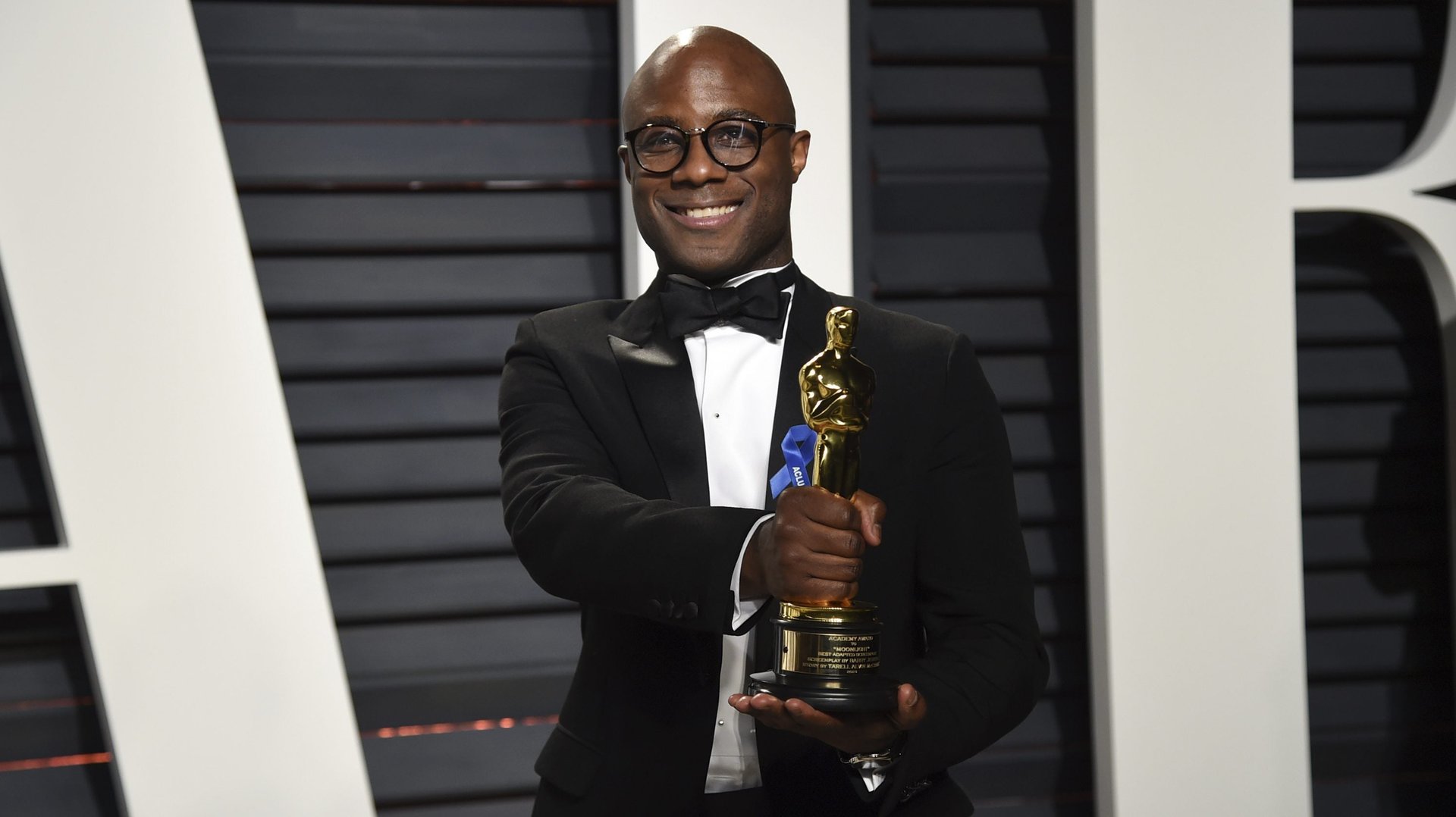“This movie came damn close to killing me”: How the unlikely, Oscar-winning “Moonlight” was made
“There was a time when I thought this movie was impossible,” recalled director Barry Jenkins, while accepting the Oscar for Best Picture for his film Moonlight at the Academy Awards. “I couldn’t bring it to fruition. I couldn’t bring myself to tell another story.”


“There was a time when I thought this movie was impossible,” recalled director Barry Jenkins, while accepting the Oscar for Best Picture for his film Moonlight at the Academy Awards. “I couldn’t bring it to fruition. I couldn’t bring myself to tell another story.”
The movie—about identity, sexuality, and race—took awhile to find its way, much like its lead character, Chiron, whose experience growing up black and gay in Miami is chronicled in the film.
It was Jenkins’s first feature-length project since his low-budget 2008 debut Medicine for Melancholy, which was acclaimed but seen by few people. And Jenkins, while working at the Telluride film festival, was trying to figure out who he was as a filmmaker. Projects came and went over the years, but Moonlight was the one that pulled him back to filmmaking.
Jenkins was taken by the play In Moonlight, Black Boys Look Blue, by Tarell Alvin McCraney. He grew up in the same Liberty Square housing project where the story is set in and went to the same school as McCraney, for whom the story was semi-autobiographical. Though they had never met before (the script was shared with Jenkins through a mutual friend), Jenkins felt intimately familiar with the characters.
It ”felt like Tarell took these memories of my memories and put them in a dream state,” Jenkins said in a panel at the 2016 New York Film Festival last fall, No Film School reported. He wrote the first draft of the screenplay based on the story in 10 days. “It just poured out,” Jenkins said.
The film found funding rather quickly, through an old connection of Jenkins’s at Brad Pitt’s Plan B Entertainment, which partnered with A24 to finance the film. It reportedly cost an extremely modest $1.6 million to make. But Jenkins’ insisted on shooting the movie on location in Miami, which no longer offers tax credits to filmmakers. Most film companies move productions to wherever gives them the best deal—but Plan B and A24 went with Jenkins’s vision.
That was when things stopped being easy. ”I gave everything, man,” said Jenkins. “This movie came damn close to killing me.” The director returned to his childhood neighborhood in September 2015 to shoot the movie for the first time since he’d left as a young adult. “At first, the neighborhood resisted me,” Jenkins told the Financial Times (paywall). “They were like, ‘You’re from here? Nah, you’re not from here.’”
Casting was also challenging because the film took place during three distinct periods of Chiron’s life—childhood, adolescence, and adulthood. It needed three different actors who were similar enough to play the same person, two of whom were young and inexperienced. And Naomie Harris, who played Chiron’s drug-addicted mother, could reportedly only devote three days on set while promoting the James Bond blockbuster Spectre.
The hardest part for Jenkins, though, was finding the movie’s tone during editing. The first cut was much too funny and light-hearted, Jenkins said. “The response was very adult: ‘You gotta do better. Go back in there,'” he said the team told him, speaking at the New York Film Festival. He eventually found the right balance by injecting more silence into the movie, allowing each sequence to create a dreamy sense of realism that echoes memory.
In the end, the Academy Awards—one year on from its #OscarsSoWhite controversy—deemed it worth all that effort. ”Even in my dreams this could not be true,” Jenkins said in his Oscar acceptance speech, after it was announced that the Best Picture award was mistakenly handed to La La Land and Moonlight was the true winner. “But to hell with dreams. I’m done with it, because this is true.”
Mahershala Ali won Best Supporting Actor and Jenkins and McCraney also won the Oscar for Best Adapted Screenplay. McCraney dedicated it to “all those black and brown boys and girls and non-gender-conforming who don’t see themselves. We’re trying to show you you, and us.”